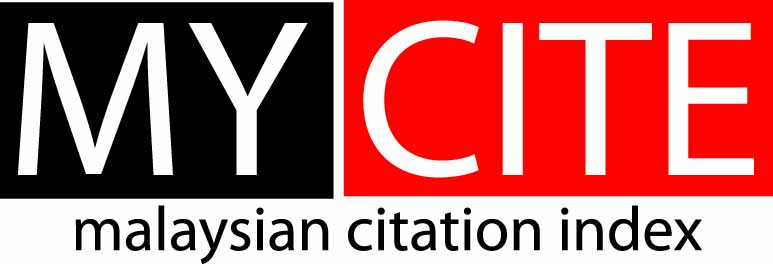Indonesian English(?): A Corpus-Based Lexical Analysis
Keywords:
Indonesian English, World Englishes, Jakarta Post, CorpusAbstract
In the past, the goal of learning English in Indonesia was often to communicate with its native speakers. English was seen as a ‘foreign language’ packed with its own lexicon. Words of Indonesian-origin were kept apart from those of English. People were considered proficient in English when they knew a lot of words in it, including those which were specific to the native speakers’ culture and environment. English learning was therefore aimed at conditioning learners to express ideas like the natives did. Recently, as English becomes the language of international communication, new varieties of English have come to prominence. In Indonesia, with the growing popularity of its English language mass-media, there has been another need for using the language to express ideas not only to native English speakers but more importantly among Indonesians themselves. This has marked a new beginning in which English, which was known as a foreign language, is being adopted to be a second language. The need for the locals to express themselves and their own culture in English as a Second Language (ESL) has triggered the adoption and/or adaptation of Indonesian words into their English and thus might create a new variety of English―Indonesian English. The objective of this study is to scrutinize the use of local lexicon in an English language newspaper published by Indonesians called The Jakarta Post. This is basically a corpus-based lexical study that uses Corpus Pattern Analysis (CPA) to describe the contextualized data gathered from the online newspaper. The focuses of this study are contextual information about loanwords, word meanings, word forms and collocations which are pertinent to the Indonesian variety of English.











